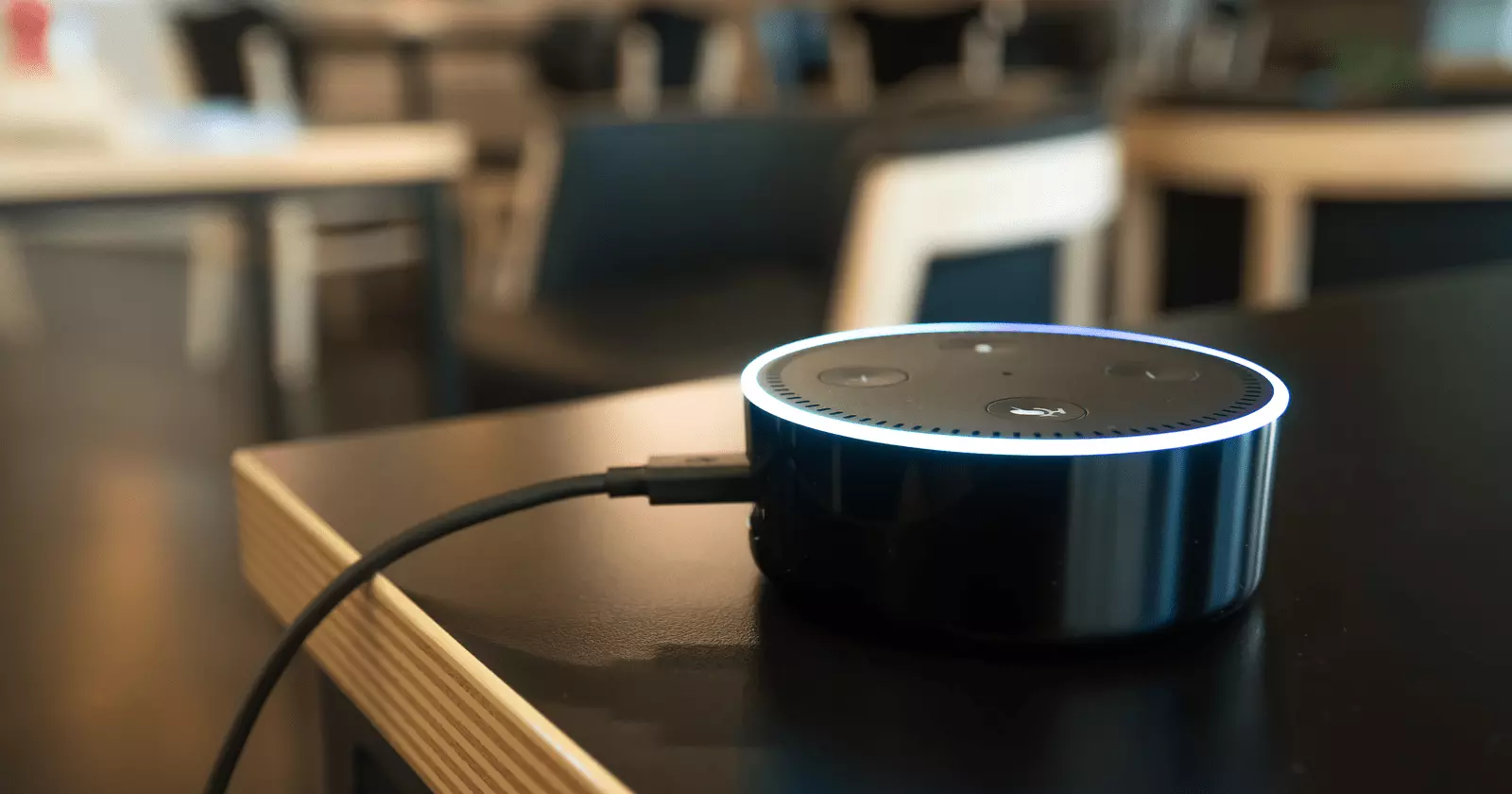The unsung heroes of accessibility, digital assistants make technology feel more personal and human. They help you find recipes, navigate the web, or adjust a smart lamp.
However, the impact on autonomy is less clear cut. If measured against ideal choice architectures that preserve and promote true interests, digital assistants may seem like threats to autonomy.
Siri
The voice-activated assistant Siri made its debut with Apple’s iOS 6 mobile operating system and radically altered the way many users interact with their devices. Now incorporated into Apple’s high-fidelity HomePod speaker and watchOS advancements, Siri fulfills over 25 billion requests each month. From business users juggling multiple schedules and obligations to students balancing busy academic and personal lives, people find Siri’s assistance invaluable.
To perform tasks, Siri converts frequencies and sound waves into code, which it then analyzes to identify words, phrases and keywords in each input. This data gets fed into an algorithm that sifts through literary expressions like idioms, homophones and metaphors to determine meaning and context. Then it takes action. Siri is also customized to each user through personalized responses and access to apps, calendar events and reminders. Asking “What’s my update?” for example, provides a readout of the weather, recent and upcoming calendar events and news. It can even share onscreen items and content from apps like Messages, Apple Music and the Apple Podcast app.
Alexa
Alexa is a cloud-based voice assistant developed by Amazon that can be used on devices like speakers and headphones as well as in cars, home, and office automation systems. It can also be used on smartphones with the Alexa app, allowing users to control their device’s functionality via voice commands.
When it comes to smart home controls, Alexa offers broader compatibility than Siri, with its extensive list of Alexa Skills and third-party app integration. Both assistants can be integrated with various streaming services, but Alexa has a distinct advantage when it comes to music and offers more languages than Siri.
In terms of personalization, Alexa has a number of settings available under “You,” including specifying dietary restrictions and setting up Face Match for personalized results on camera-equipped smart devices. Additionally, the Alexa app offers a variety of settings for customizing the assistant’s voice, as well as the option to delete recorded conversations. Ultimately, the decision between Alexa and Siri will depend on a user’s personal preferences, priorities, and existing devices.
Google Assistant
Unlike Siri, Google Assistant can be activated by simply saying “Hey Google” instead of the more complicated “OK Google”. It also has a broader compatibility with smart home gadgets than Alexa, which is limited to Apple’s HomeKit system.
Both Google and Alexa have sophisticated natural language processing capabilities, enabling follow-up queries as well as contextual and empathetic responses. They also offer a range of voices to choose from, including some offbeat ones, while Siri’s options are limited to just 6 traditional voices.
However, figuring out which compatible doodads you can buy can be like a puzzle. And even some of the most advanced features seem to fade over time. For example, a splashy debut in 2019 on Pixel 4 phones for a faster and more capable version of Assistant seemed to fizzle out a few months later. Similarly, Samsung’s Bixby Vision offers some unique features like text translations and visual look up that don’t work across different phones.
What is a Digital Assistant?
A digital assistant (also known as a virtual assistant, intelligent agent, or smart assistant) is a software application that uses voice or text to complete tasks. Digital assistants are designed to fill the gap of human support by solving common or basic problems, such as setting reminders and playing music.
The most popular digital assistants are Siri, Alexa and Google Assistant. They are used to help users manage tasks on their phones, tablets, computers and smart speakers. Most of the time, your interactions with these apps are synced across devices.
Both Alexa and Siri have a wide range of third-party skills available. However, Siri is better at connecting with Apple products and the iOS ecosystem, such as sending iMessages or making FaceTime calls. It also has native Audible support for audiobooks. On the other hand, Google Assistant works with a wide variety of smart home gadgets, including many brands that have their own streaming services like Deezer, Spotify, and YouTube Music.


